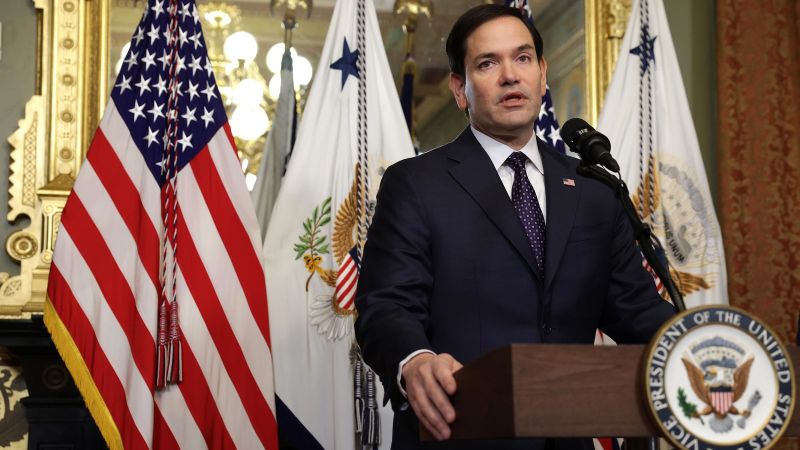Border Crisis Escalates: Rubio's Central American Mission Amid Trump's Migration Crackdown

U.S. Secretary of State Marco Rubio touches down in Panama this Saturday, embarking on his inaugural diplomatic journey as America's top foreign policy leader. This pivotal trip presents a critical opportunity to demonstrate whether his diplomatic approach can successfully evolve beyond the confrontational and transactional foreign policy strategy championed during the Trump administration.
Rubio's visit comes at a crucial moment, particularly focusing on migration issues that have long been a complex challenge in U.S.-Latin American relations. His mission will test his ability to forge meaningful connections and develop nuanced diplomatic strategies that balance national interests with collaborative international engagement.
As he navigates this diplomatic landscape, Rubio faces the delicate task of reimagining American foreign policy—moving beyond the "America First" rhetoric to a more collaborative and strategic approach that seeks to build bridges rather than erect barriers. His performance in Panama will be closely watched by both international observers and domestic political analysts eager to see how he will chart a new course in diplomatic relations.

